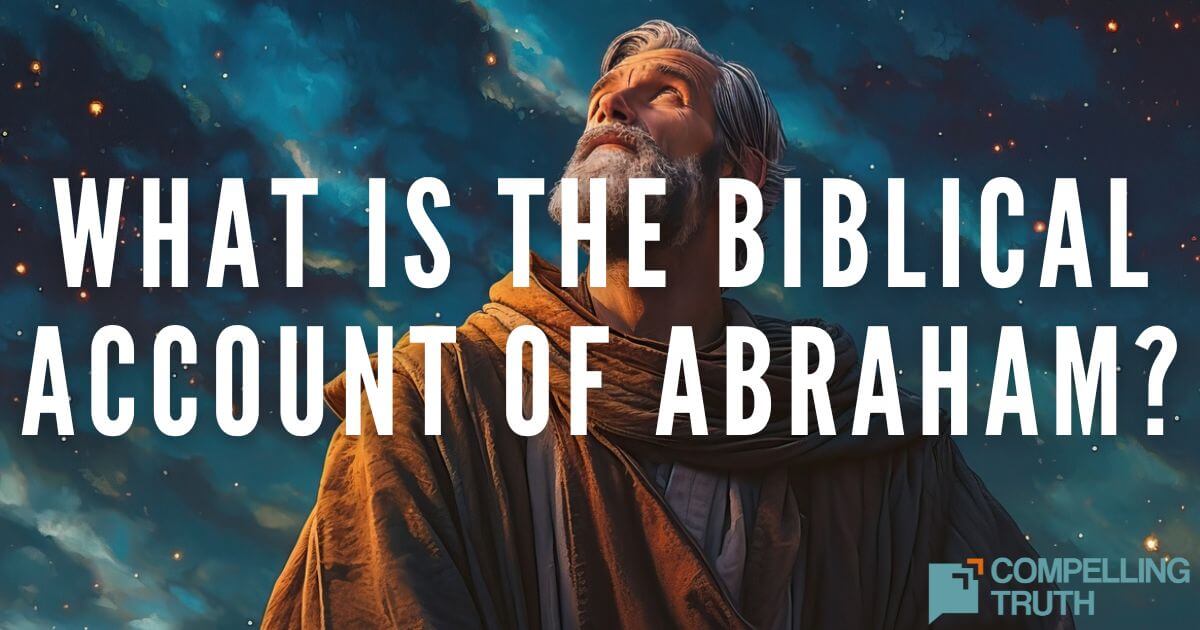what does the bible say?
The Bible mentions four men named Enoch, with the most notable being the son of Jared, who "walked with God" and was taken to heaven without dying (Genesis 5:18–24). This Enoch fathered Methuselah and lived 365 years. In the New Testament, Enoch is highlighted in Hebrews 11:5 for his faith, which pleased God, leading to his being taken up so he would not see death. Additionally, Enoch is referenced in Jude 1:14–15 for his prophecy about divine judgment, although the Book of Enoch, from which this prophecy is quoted, is not considered canonical scripture.




